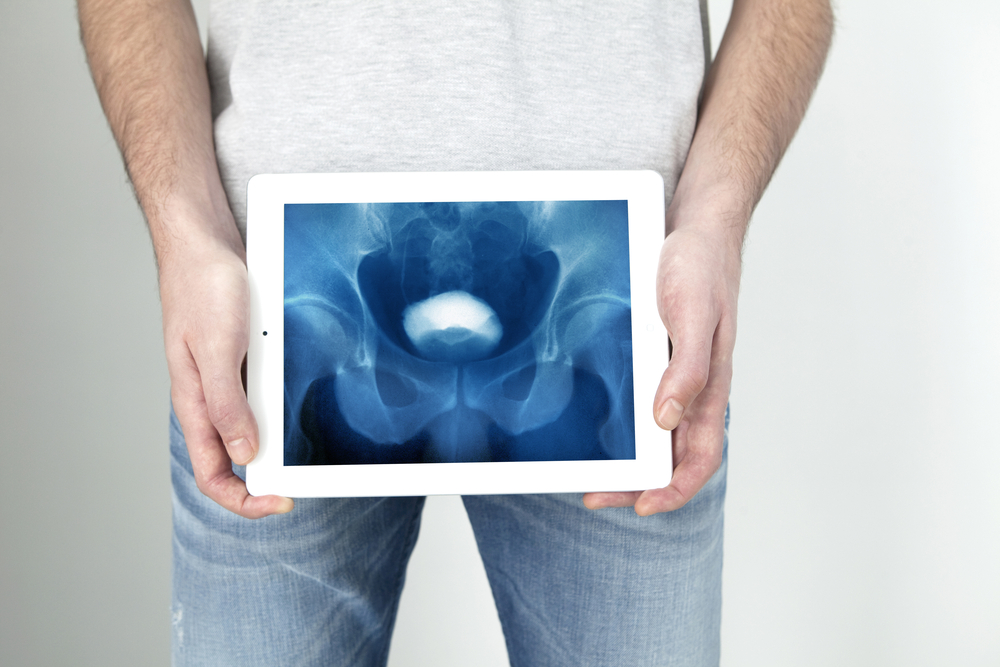New Zealand’s Kathleen Kilgour Centre (KKC) has treated the country’s first patient with Augmenix‘s SpaceOAR system, a medical device that protects men from rectal complications after prostate cancer radiation therapy.
Because the prostate and the rectum are anatomically adjacent, radiation therapy targeting the prostate can injure the rectum and cause pain, discomfort or diarrhea.
The SpaceOAR system works by injecting an hydrogel into the space between the prostate and the rectum, generating a pressure force that pushes the organs further away from each other. As a result, during prostate radiation therapy, the rectum is out of the region affected by radiation and suffers less damage.
“KKC is dedicated to providing the best care for our patients and the introduction of SpaceOAR hydrogel for men with prostate cancer is yet another step in achieving this,” Dr. Leanne Tyrie, the KKC’s clinical director, said in a press release. “The significant decrease in bowel, urinary and sexual side effects following radiotherapy when SpaceOAR hydrogel is utilized made our decision to incorporate it as part of standard of care for prostate cancer patients very easy.”
Besides increasing protection to the rectum, the hydrogel can also decrease radiation’s harmful side effects to urinary and sexual organs.
The hydrogel maintains spacing for three months and then gradually becomes a liquid which is cleared in urine through renal filtration abou six months after injection.
“Recent clinical data show that SpaceOAR hydrogel helps to significantly reduce the risk of rectal and urinary side effects and loss of sexual function associated with radiation therapy in the treatment of prostate cancer,” said Augmenix CEO John Pedersen. “We are pleased that the first patient to be treated with SpaceOAR hydrogel in New Zealand took place at the Kathleen Kilgour Centre, which prides itself on offering high quality, multi-modality radiation therapy treatment options for men with a diagnosis of prostate cancer.”
Augmenix, based in Bedford, Massachusetts, sponsored a Phase 3 clinical trial in the United States (NCT01538628) to evaluate the system’s safety in men undergoing image-guided intensity-modulated radiotherapy (IG-IMRT) and to assess whether using SpaceOAR hydrogel reduced radiation exposure to the rectum.
Results showed that the hydrogel spacer was safe and well tolerated. It significantly reduced rectum radiation injury with decreased reports of pain during treatment. One year after radiation, treatment decreased rectum complications by 71 percent and who had not been injected with the hydrogel were 3.5 times more likely to have rectal complications than those who received SpaceOAR.
Three years after treatment, patients treated with SpaceOAR had 73.5 percent less radiation in their rectum, as well as better urinary and sexual functions.
Men who received SpaceOAR were eight times less likely to experience significant declines in their quality of life and 78 percent of the men who were sexually active before receiving SpaceOAR treatment were more likely to retain sexual function three years later.

